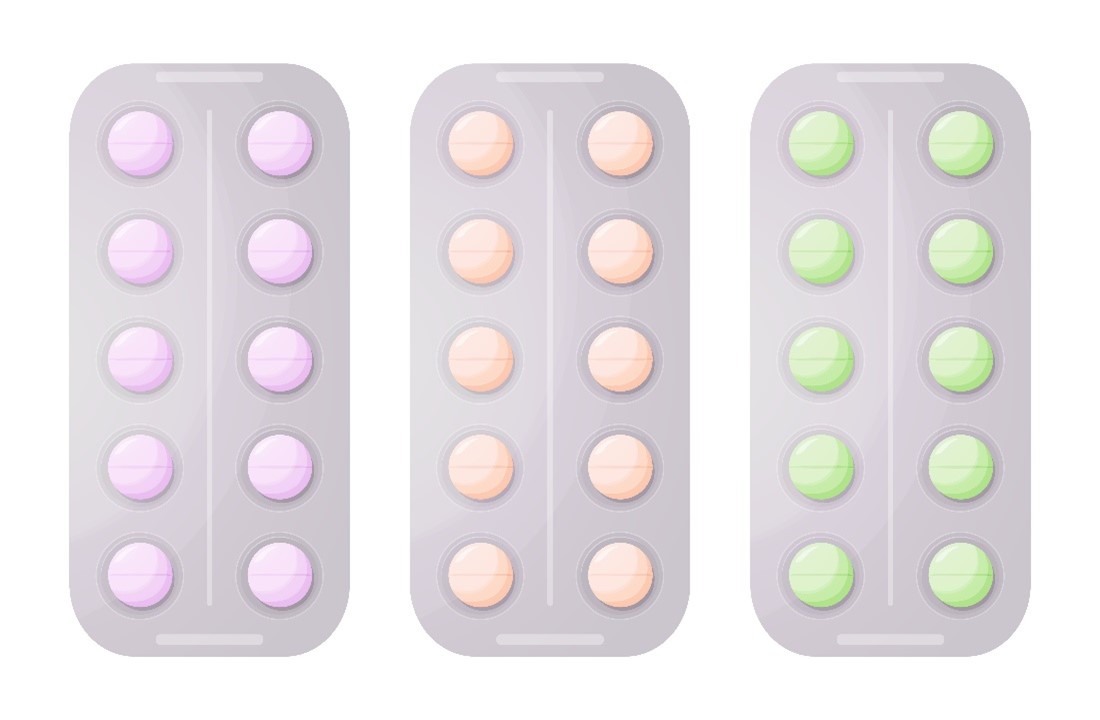Friends and neighbors,
A safe, vibrant, supportive, and inclusive community where we raise our kids, pursue careers, cultivate friendships, and achieve a sense of belonging is what we all want. Right now, the substance use disorder crisis hurts our youth, and threatens the well-being of our families, friends, and neighbors. The criminal legal approach to drug addiction does little to improve public safety or to get treatment for people with substance use disorder, as has been demonstrated by the 50-year war on drugs. Communities are best served, and lives are saved when treatment is prioritized.
We must tackle the root causes of this crisis while mitigating the problems our communities face because of it. This is best accomplished through a statewide system that offers hope to those who are struggling and creates accountability through community engagement. That is why House Democrats had three goals throughout this process:
- Ensure people with substance use disorder (SUD) get treatment for their illness. Recovery is preferred and possible if it is prioritized.
- Minimize the involvement of people with SUD in the criminal legal system.
- Fund treatment so recovery isn’t just a theory but available. This means more behavioral health professionals, beds, and facilities.
While I don’t think the final compromise is perfect, Senate Bill 5536, meets these goals while considering feedback from cities, counties, the treatment community, prosecutors, defense attorneys, public health experts, and law enforcement. It prioritizes treatment while giving some flexibility for law enforcement and prosecutors to intervene. This gets us closer to an approach that fully centers on recovery, but we must do more to address this crisis through recovery programs rather than the criminal legal system. I will be working on continuing this work in future sessions.
Increasing the trained behavioral health workforce

None of this will work if we don’t have enough trained professionals to work in recovery programs. Many of our neighbors who need recovery programs still struggle to access behavioral health services. House Bill 1724 addresses workforce barriers, expands opportunities for holders of probationary licenses, reduces supervised hour requirements and costs for social workers, and provides future recommendations to reduce workforce shortages.
Regulating tableting machines used for drug distribution

Part of the solution to the substance use crisis is making it harder for narcotics to get into our communities. For instance, counterfeit tablets containing fentanyl are causing overdoses everywhere. That is why I supported House Bill 1209, which tackles that problem by making the possession, sale, or delivery of a tablet press, that you know may be used for controlled substances, a Class C felony.
Finally, we made some important Capital Budget investments that will help us build behavioral health facilities across the state. These include:
- $77.9 million in competitive grants for community behavioral services, with $18 million of that specifically for facilities that serve children.
- $13.4 million for the Rising Strong project, which will provide family-centered drug treatment and supportive housing for at least 24 households in Western Washington.
- $133.1 million for local facilities including crisis diversion, secure detox, and adolescent services.
Let’s be clear, we still have a lot of work to do to provide hope for our neighbors who are suffering and reduce the damage these drugs cause in our communities. I look forward to continuing these discussions and improving how we treat substance use disorder in our communities.
Thank you,

Rep. My-Linh Thai
